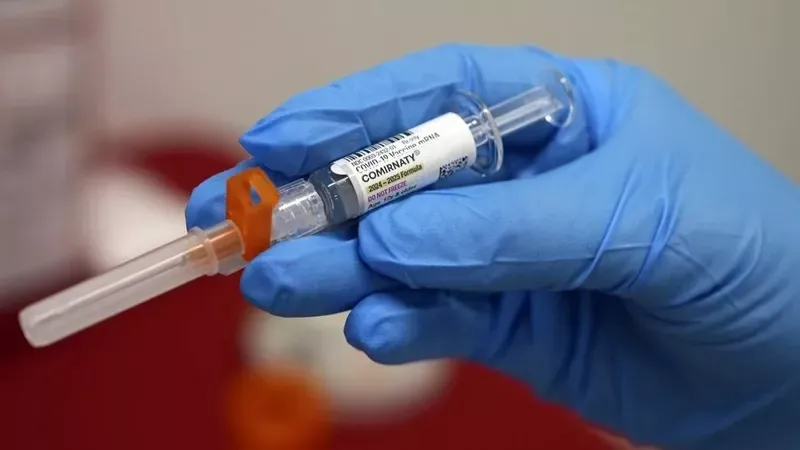
Major Shift in COVID-19 Vaccine Responsibility: Provinces to Take Charge as Federal Funding Ceases
2025-01-11
Author: Noah
Major Shift in COVID-19 Vaccine Responsibility: Provinces to Take Charge as Federal Funding Ceases
In a significant policy update, the Public Health Agency of Canada has announced that federal funding for COVID-19 vaccines will cease this year, compelling provinces and territories to shoulder the responsibility for vaccine procurement and administering vaccination schedules. This change comes amidst the latest guidelines from the National Advisory Committee on Immunization (NACI), outlining vaccination strategies from 2025 through summer 2026.
NACI has issued specific recommendations emphasizing that individuals aged 80 and older, residents of long-term care facilities, and both adults and children six months and older who are moderately to severely immunocompromised should receive two doses of a COVID-19 vaccine annually. Furthermore, adults aged 65 and above, healthcare workers, and those at a heightened risk of severe illness from COVID-19 should receive a booster shot once a year, provided they have been previously vaccinated.
Defining those at heightened risk, NACI points to individuals with pre-existing medical conditions, pregnant women, and members of First Nations, Inuit, and Métis communities, as well as racialized groups. Importantly, the committee stressed that the latest versions of COVID-19 vaccines should always be utilized for the vaccinations.
For those who have not yet received any COVID-19 vaccinations, NACI clarified that they can start their two-dose series at any time, as the coronavirus—SARS-CoV-2—remains prevalent throughout the year. This year-round circulation of the virus contrasts with the more seasonal pattern observed in influenza.
What's particularly striking is NACI's observation that since 2022, COVID-19 cases have surged notably from late summer through early January, corresponding with the fall and winter respiratory season.
Looking ahead, health authorities may opt for updated vaccines if any new and significant variants are identified in 2025. The latest mRNA vaccines from Pfizer-BioNTech and Moderna are now targeting the KP.2 Omicron subvariant, while Novavax has developed a protein-based vaccine aimed at the JN.1 subvariant. However, federal authorities opted not to acquire any doses of the Novavax vaccine due to the unfeasibly high minimum order quantities, given past Canadian uptake rates.
As Canada transitions to this new vaccination framework, there are rising concerns about accessibility and equity, especially for vulnerable populations. Provinces will now need to navigate the complexities of vaccine procurement and distribution to ensure that all Canadians, especially those most at risk, continue to receive the protection they need against COVID-19. This shift not only reflects the evolving landscape of the pandemic but also poses questions about the future of public health funding and response in Canada.
Stay tuned as we continue to monitor this developing story! What does this mean for you and your loved ones? Make sure you're prepared!
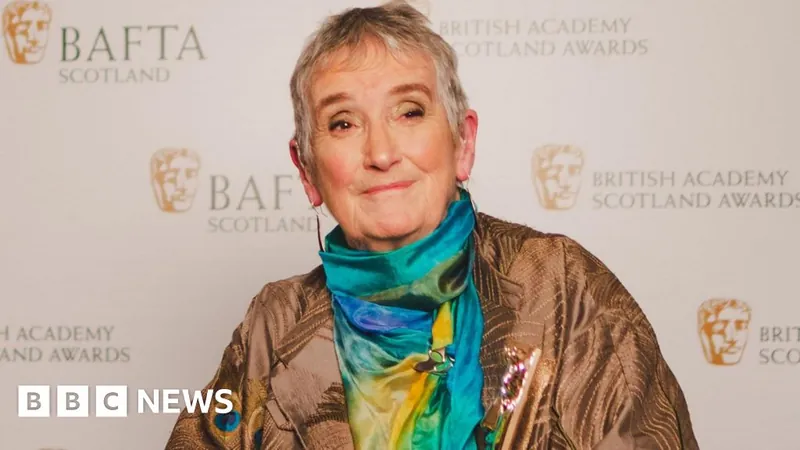





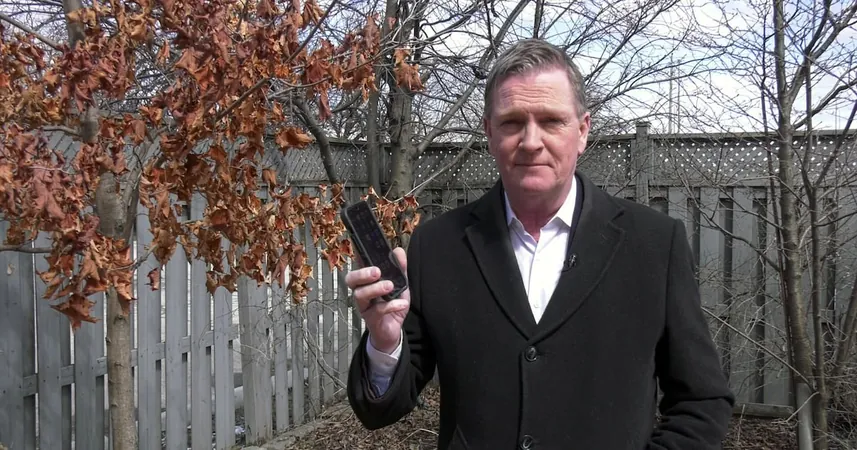
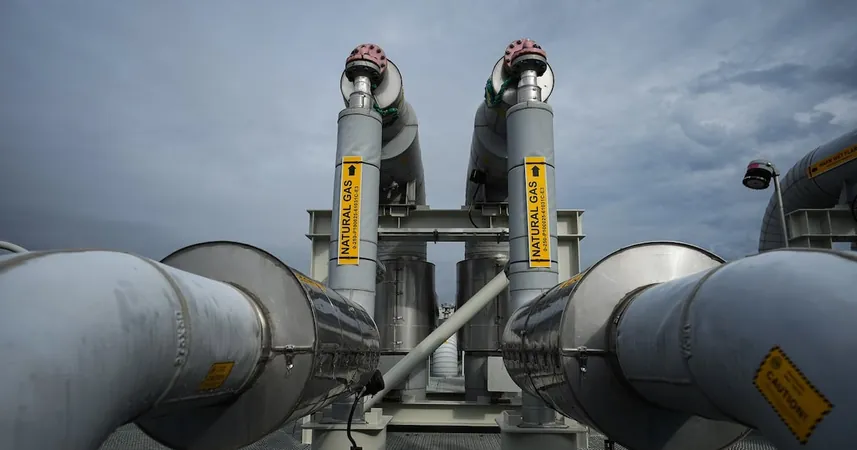
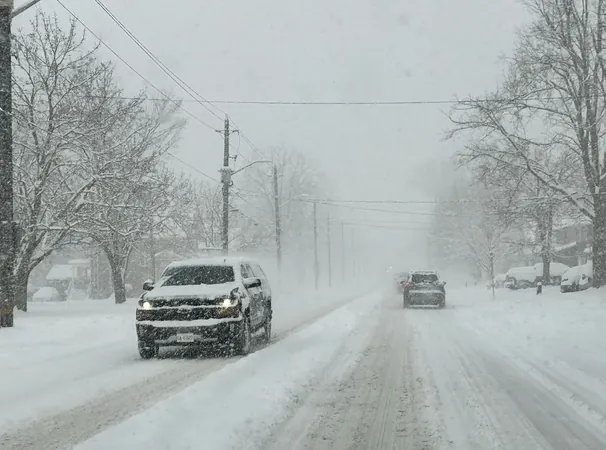
 Brasil (PT)
Brasil (PT)
 Canada (EN)
Canada (EN)
 Chile (ES)
Chile (ES)
 Česko (CS)
Česko (CS)
 대한민국 (KO)
대한민국 (KO)
 España (ES)
España (ES)
 France (FR)
France (FR)
 Hong Kong (EN)
Hong Kong (EN)
 Italia (IT)
Italia (IT)
 日本 (JA)
日本 (JA)
 Magyarország (HU)
Magyarország (HU)
 Norge (NO)
Norge (NO)
 Polska (PL)
Polska (PL)
 Schweiz (DE)
Schweiz (DE)
 Singapore (EN)
Singapore (EN)
 Sverige (SV)
Sverige (SV)
 Suomi (FI)
Suomi (FI)
 Türkiye (TR)
Türkiye (TR)
 الإمارات العربية المتحدة (AR)
الإمارات العربية المتحدة (AR)